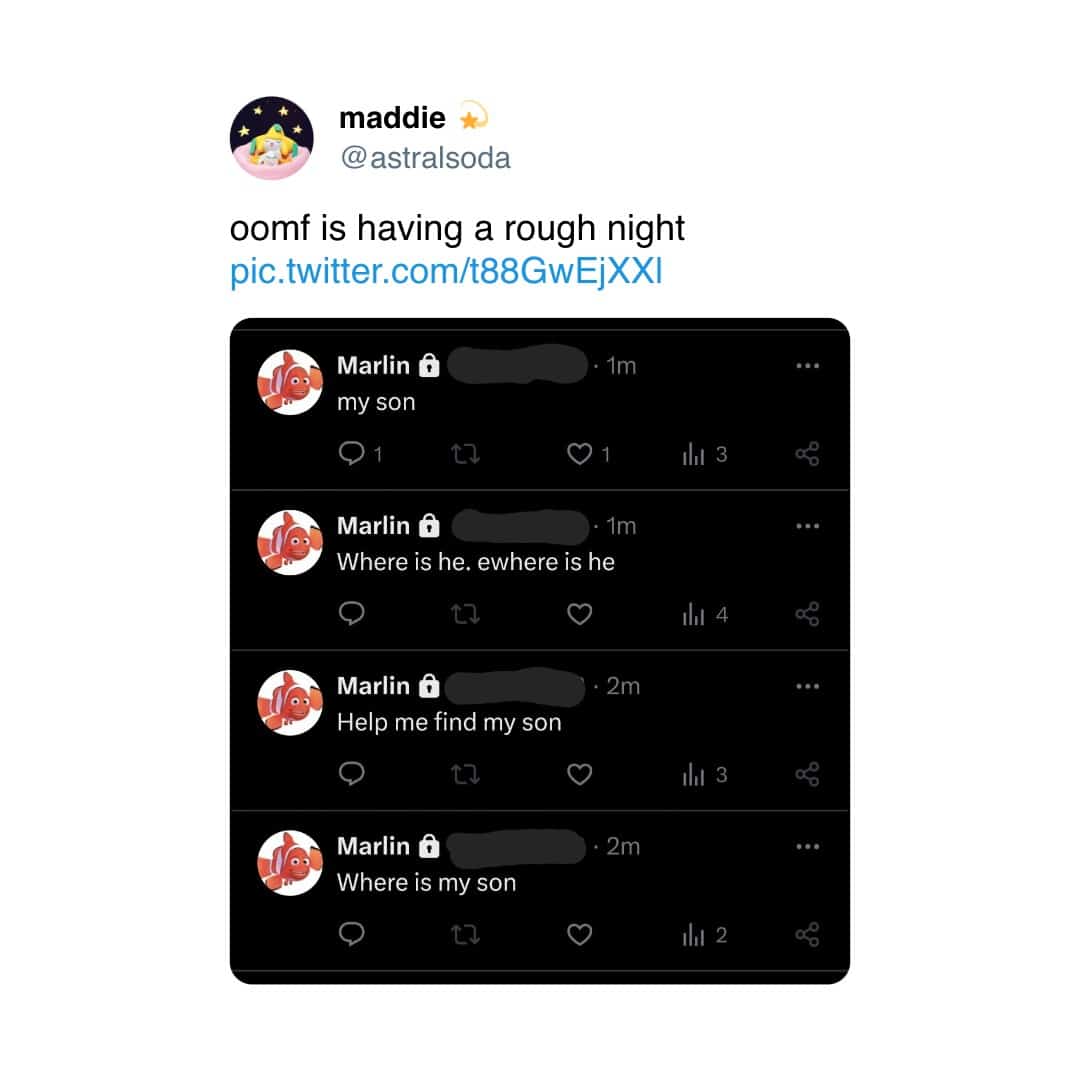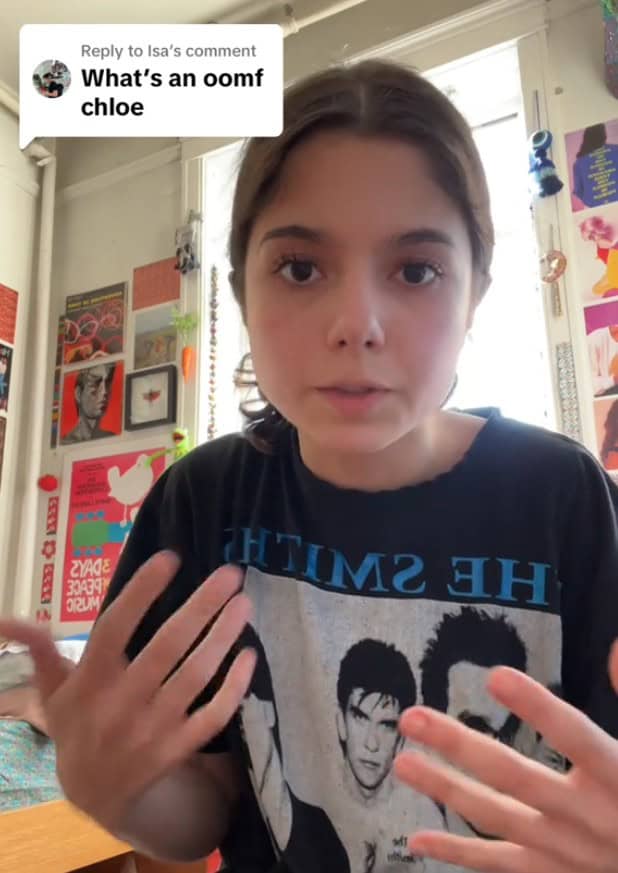“Oomf” Is The Newest Gen Z Slang Taking Over The Internet And Here’s What It Means
“Oomf” may sound like the noise you make when you get hit in the stomach or a cheap cabinet from Ikea, but the latest Gen Z slang word to take the world by storm while leaving us olds utterly confused is actually an acronym, despite its lack of capital letters.
“Oomf” means “One of my friends.”
Although it may sound like an insult, it’s actually a term of affection. So if a youngster has called you an “Oomf” you should be feeling pretty flattered right about now.
The term “Oomf” has been around for a while

Although the term is experiencing a moment right now, it’s actually been around for over a decade (sort of).
On Twitter in the early 2010s, “Oomf” appeared as a hashtag that stood for “One of my followers.”
“Oomf” means “One of my friends”

“Oomf” serves as a way to refer to someone without explicitly naming them.
This ambiguity makes it a perfect tool for gossip, indirect comments, or simply maintaining a degree of anonymity.

One of the appealing aspects of “oomf” is its flexibility. Unlike titles such as “best friend” or “BFF,” which denote a clear and special relationship, “oomf” can refer to anyone within your social circle.
This inclusivity means that the term can be applied to close friends, casual acquaintances, or even someone you’re not particularly fond of but still interact with online.
This broad applicability adds to its charm and usefulness in digital communication.
TikTok user Chloe Forero explains how to use “Oomf”

Chloe Forero, a 21-year-old content creator from Naperville, Illinois, provides an insightful perspective on the term.
“I recently tweeted…‘Oomf is dating a 32-year old man, and I don’t approve of it.’ I will fully admit I use that to sneak-diss my friends that I can’t fully confront in person,” she said.
Forero’s use of “oomf” illustrates how it can be employed for subtle, indirect comments that might be too confrontational if stated plainly.
@chloeforero Replying to @Isa
Forero also mentions that she and her friends use “oomf” in real life, saying, “I’ll be like, ‘Oomf is pissing me off.’”
This shows that while the term originated online, it has seamlessly integrated into everyday spoken language among young people.
“They don’t want us to know what they’re talking about” — a linguistics professor’s take on “Oomf”

Jessica Rett, a linguistics professor at UCLA, explains that terms like “oomf” are part of how younger generations innovate and obscure language.
“They don’t want us to know what they’re talking about,” Rett said.
This innovation is partly a way for young people to set themselves apart from older generations, creating a sense of identity and community within their age group.

Moreover, “oomf” is phonetically pleasing. Rett points out that the ‘oo’ sound is a rewarding long vowel, and the ‘mf’ ending “sounds like a party in your mouth.” This playful aspect of the word’s construction adds to its popularity.
In essence, “oomf” is a multifaceted term that captures the essence of modern digital communication—flexible, inclusive, and slightly elusive. Its ability to convey varying degrees of familiarity and anonymity makes it a favorite among social media users, reflecting the ever-evolving nature of language in the digital age.


